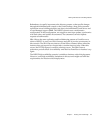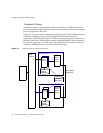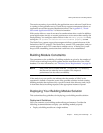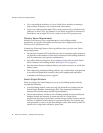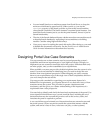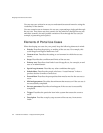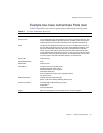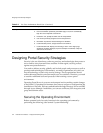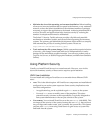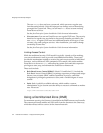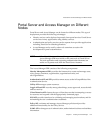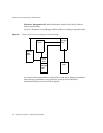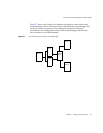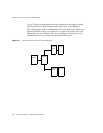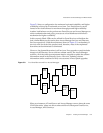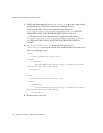Designing Portal Security Strategies
Chapter 5 Creating Your Portal Design 103
• Minimize the size of the operating environment installation. When installing
a Sun server in an environment that is exposed to the Internet, or any untrusted
network, reduce the Solaris installation to the minimum number of packages
necessary to support the applications to be hosted. Achieving minimization in
services, libraries, and applications helps increase security by reducing the
number of subsystems that must be maintained.
The Solaris™ Security Toolkit software provides a flexible and extensible
mechanism to minimize, harden, and secure Solaris Operating Environment
systems. The primary goal behind the development of this toolkit is to simplify
and automate the process of securing Solaris systems. Please see:
http://www.sun.com/software/security/jass/
• Track and monitor file system changes. Within systems that require inclusion
of security, a file change control and audit tool is indispensable as it tracks
changes in files and detects possible intrusion. You can use a product such as
Tripwire for Servers, or Solaris Fingerprint Database (available from SunSolve
Online).
Using Platform Security
Usually you install Portal Servers in a trusted network. However, even in this
secure environment, security of these servers requires special attention.
UNIX User Installation
You can install and configure Portal Server to run under three different UNIX
users:
•
root. This is the default option. All Portal Server components are installed and
configured to run as the system superuser. Some security implications arise
from this configuration:
❍ An application bug can be exploited to gain root access to the system.
❍ You need root access to modify some of the templates. This raises
potential security concerns as this responsibility is typically delegated to
non-system administrators who can pose a threat to the system.
• User
nobody. You can install Portal Server as the user nobody (uid 60001). This
can improve the security of the system, because the user
nobody does not have
any privileges and cannot create, read, or modify the system files. This feature
prevents user
nobody from using Portal Server to gain access to system files
and break into the system.



